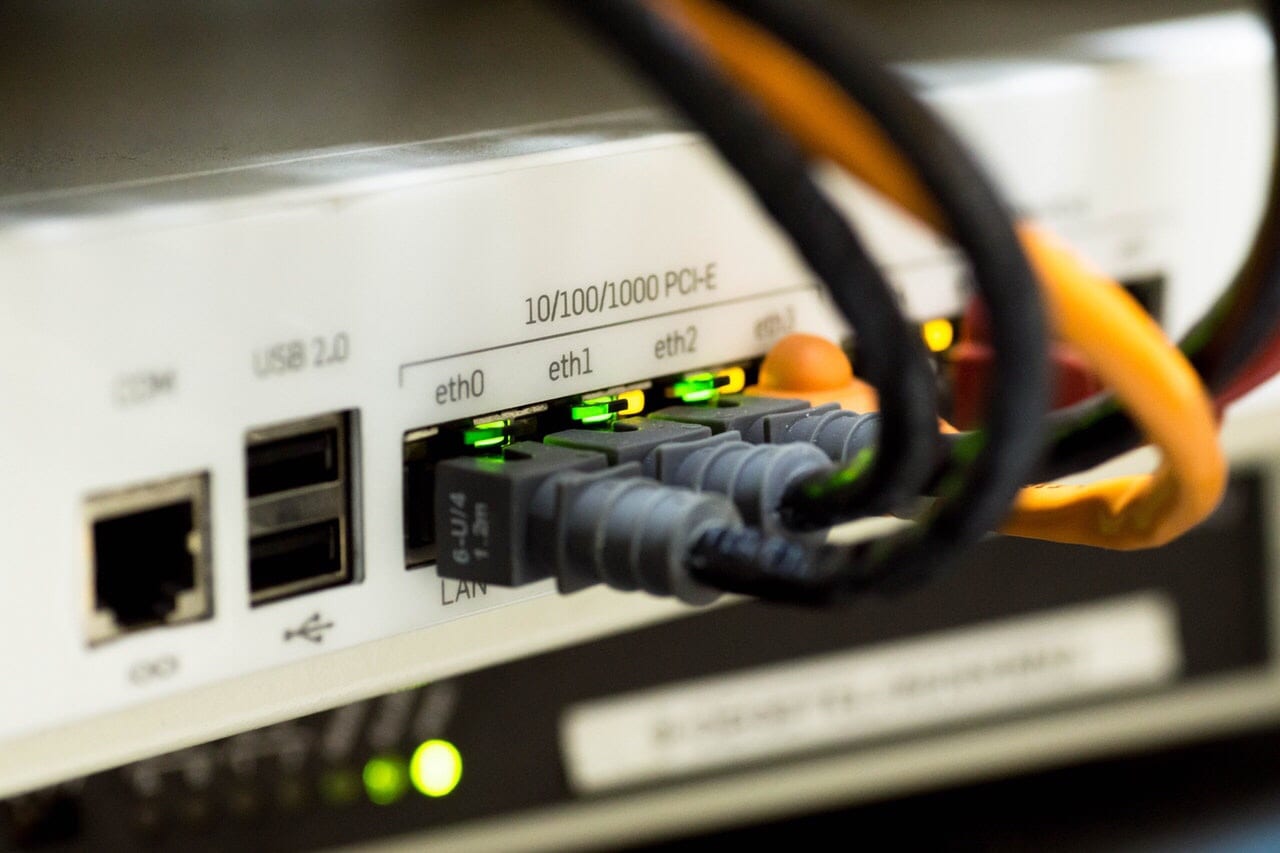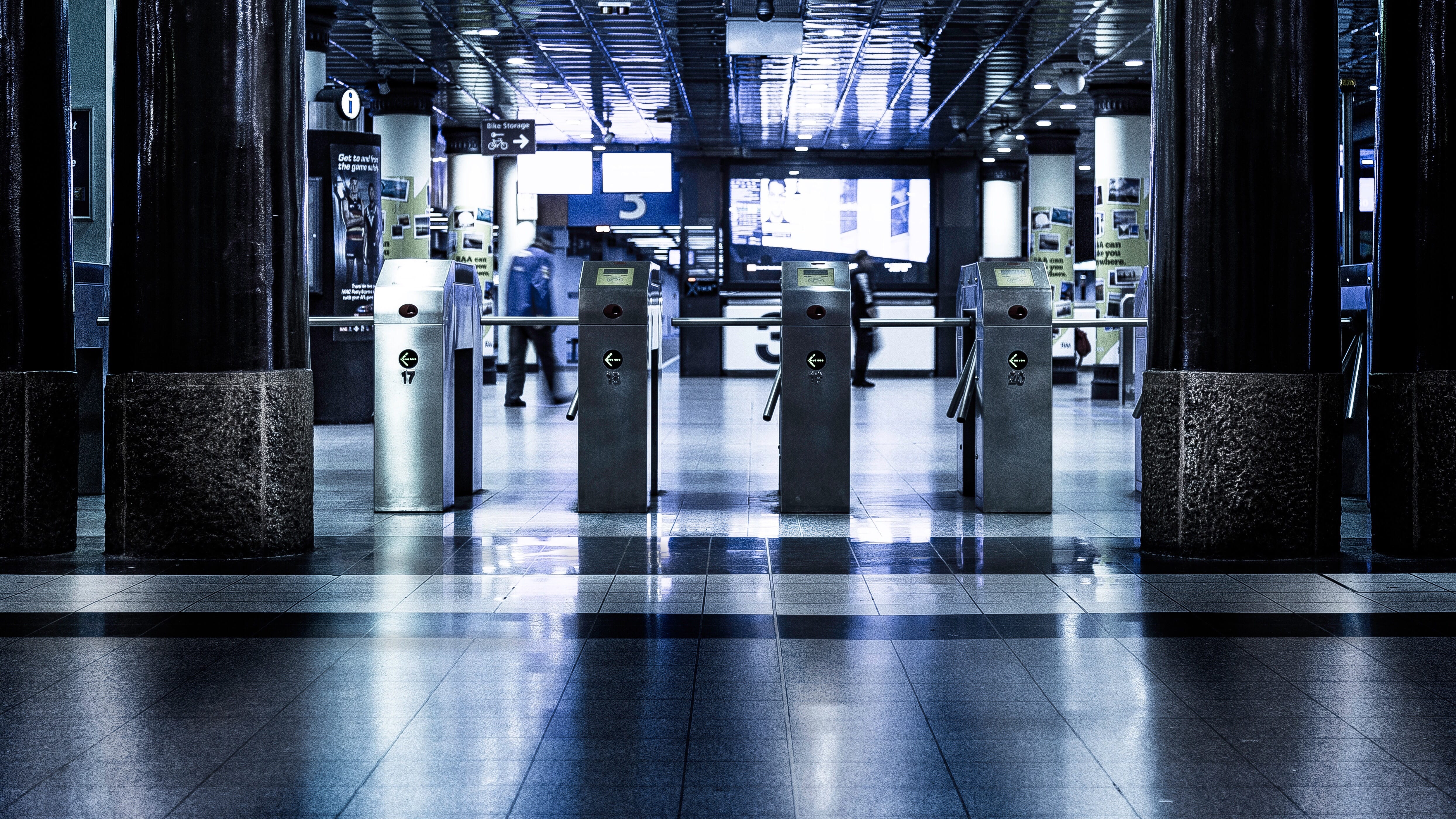Importance of Internet Security

Financial
There are plenty of financial reasons why internet security is so important. If something happens and you end up losing data or customer information, then this can mean that you are less likely to get continued custom and it can hurt your bottom line. Having a problem and then needing to pay for it after the fact is almost always more expensive than preventing the problem in the first place. If you have poor internet security, then you could get hacked and end up losing money through this. There have instances where Bitcoin traders have been hacked and lost a lot of money in Bitcoin. This has affected their businesses massively. You might even get into legal trouble for having inadequate internet security for your business. This can cost you a lot of money, so you should ensure that you have decent internet security.
Reputation
If you do not have decent internet security, then it can hurt your reputation. If your reputation is damaged, then your brand will also be damaged. As mentioned above this might mean that people no longer trust your company. This, in turn, can mean reduced sales and customers. However, it can be a lot worse than that. If people continue to feel that their data is not safe with you, then they will likely start to go to your competitors instead. This is really bad for your business. If you get a reputation for having poor internet security and not looking after customer data, then it can be hard to come back from. This is why internet security is so important. You don’t necessarily have to manage your internet security yourself. Instead, you might be able to have a managed service by a professional internet security company. This will mean that you are doing everything you possibly can to ensure that you have decent internet security.
Long Term
All of this can effect the long-term future of your company. If you are paying out money to fix problems that should never have happened or due to legal ramifications, then it is going to eat into your profits, and it could mean that you end up making a loss. If you start to get a poor reputation and a negative brand, then you are not going to get customers returning to your company. Instead, they are going to look elsewhere for whatever it is that you provide. This can affect the long-term running of your company. It might take your years to recover from something that could have been fixed by having decent internet security. In the worst possible case, it might mean that you go bankrupt and have to go into liquidation. You need to take your internet security seriously and make it a priority for your business.

 Every small business that succeeds does so at least in part as a result of the strategies employed by its owner in a bid to fulfil their personal vision of the future, but few such owners spend any time working on plans to help them deal with unexpected emergencies.
Every small business that succeeds does so at least in part as a result of the strategies employed by its owner in a bid to fulfil their personal vision of the future, but few such owners spend any time working on plans to help them deal with unexpected emergencies. For most employees, their workplace is a safe environment that is maintained to keep everyone safe. Even if you do have to do a dangerous job, there will be measures in place to keep you as safe as possible. However, for a few people, their workplace is not so safe, and this can lead to accidents and injuries at work. No-one likes to take action against their employer, but if you do get injured, then you need to get the support you need.
For most employees, their workplace is a safe environment that is maintained to keep everyone safe. Even if you do have to do a dangerous job, there will be measures in place to keep you as safe as possible. However, for a few people, their workplace is not so safe, and this can lead to accidents and injuries at work. No-one likes to take action against their employer, but if you do get injured, then you need to get the support you need. Recently, it was reported that scientists may have found out a very plausible reason for the
Recently, it was reported that scientists may have found out a very plausible reason for the  In the new digital world where everything is shared and connected, there is a growing concern about information security and integrity of the data you keep. This includes both company records and client files. Treating security breaches has become increasingly difficult, and thanks to recent advances in technology, all of your sensitive data could be uploaded to a malicious party at once in a matter of minutes.
In the new digital world where everything is shared and connected, there is a growing concern about information security and integrity of the data you keep. This includes both company records and client files. Treating security breaches has become increasingly difficult, and thanks to recent advances in technology, all of your sensitive data could be uploaded to a malicious party at once in a matter of minutes.